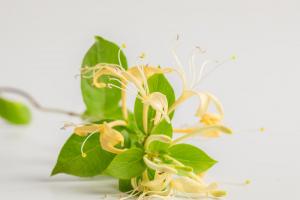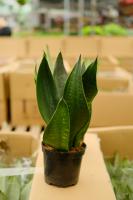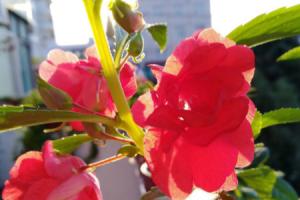Where to Plant Apple Trees in New Zealand
Apple trees are one of the most popular fruit trees in New Zealand. These trees produce a fruit that is not only delicious but can be used in countless recipes. If you're thinking of planting an apple tree in your backyard, it's important to know where to plant them to ensure they grow healthily and produce tasty fruit. In this article, we'll explore where to plant apple trees in New Zealand.
1. Climate
The first thing to consider when planting apple trees is climate. Generally, apple trees grow best in temperate climates with mild summers and cold winters. New Zealand has a variety of climates, but the best regions for growing apple trees are Canterbury, Hawke's Bay, and Nelson. These regions have moderate temperatures, plenty of sunshine, and mild rainfall.
2. Soil Type
Apple trees require well-draining soil that is rich in nutrients. Clay soils should be avoided as they can retain too much water and suffocate the roots. Sandy soils are also not ideal as they drain too quickly and can't retain enough moisture. The best soil for apple trees is loamy soil – a mixture of sand, silt, and clay. In addition, the soil should be slightly acidic with a pH between 6.0 and 6.5.
3. Sunlight
Apple trees require plenty of sunlight to grow and produce fruit. The ideal location for planting apple trees is in an area that receives full sun for at least six to eight hours a day. If you live in an area with hot summers, it's best to plant the tree where it can receive the morning sun and afternoon shade. This will help prevent sunburn on the fruit and keep the leaves from drying out.
4. Pollination
Apple trees require pollination to produce fruit. Bees and other insects play a crucial role in pollinating apple trees. You should plant at least two apple trees of different varieties to ensure cross-pollination. Some apple varieties are self-fertile, meaning they can pollinate themselves, but it's still best to have two trees to increase the chances of pollination.
5. Space
Apple trees require plenty of space to grow and develop. When planting apple trees, make sure to give them enough space between each other and other plants. The ideal spacing for apple trees is between 3 and 5 meters apart. This will give them enough room to grow and allow air and sunlight to circulate around the tree.
Conclusion
In conclusion, planting apple trees in New Zealand can be a rewarding experience if you choose the right location. You should always consider climate, soil type, sunlight, pollination, and space when planting apple trees. If you're unsure about any of these factors, it's best to consult with a professional or do some research to ensure you're giving your tree the best chance to grow and produce delicious fruit.

 how many times do yo...
how many times do yo... how many planted tre...
how many planted tre... how many pine trees ...
how many pine trees ... how many pecan trees...
how many pecan trees... how many plants comp...
how many plants comp... how many plants can ...
how many plants can ... how many plants and ...
how many plants and ... how many pepper plan...
how many pepper plan...
































